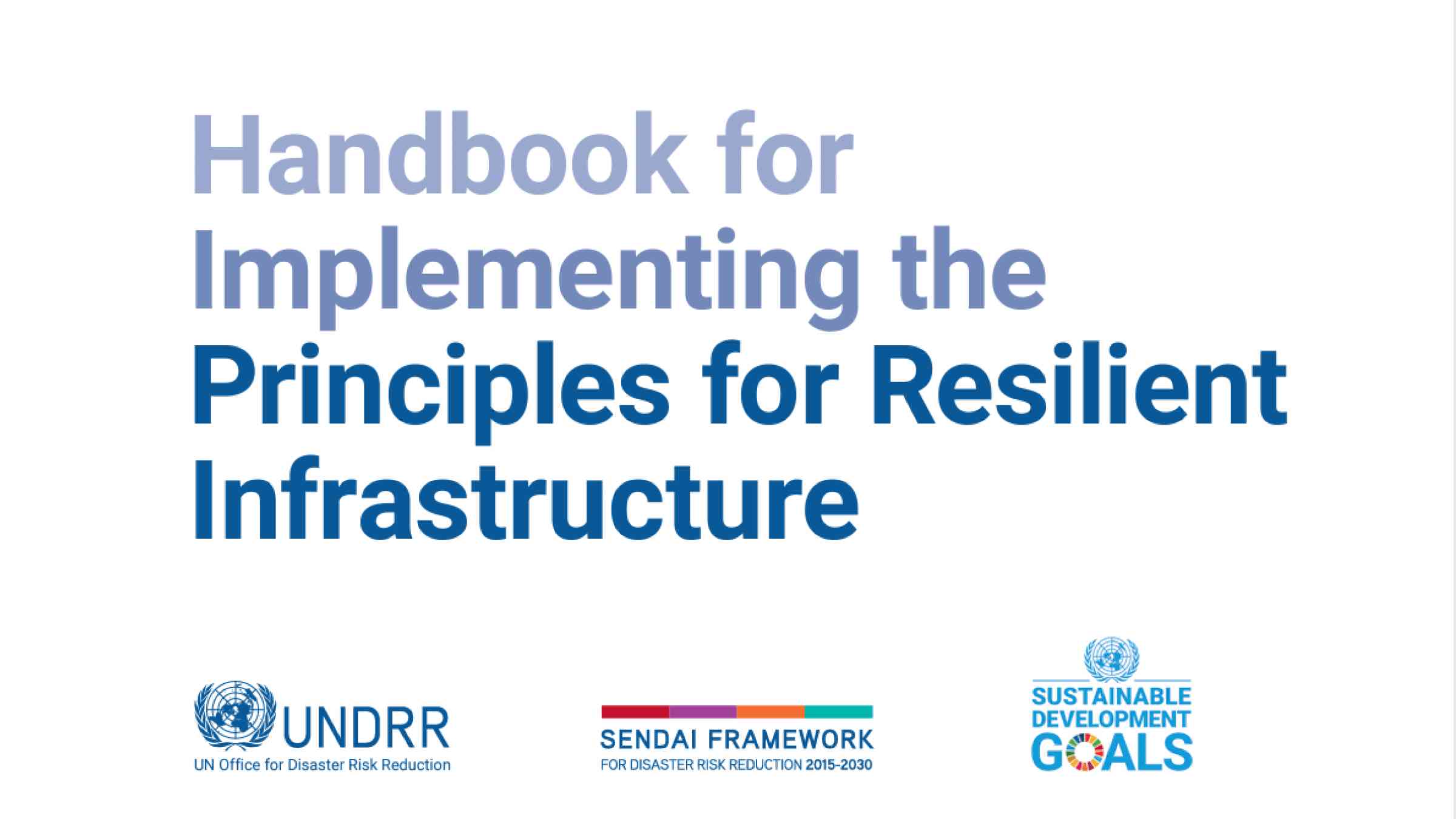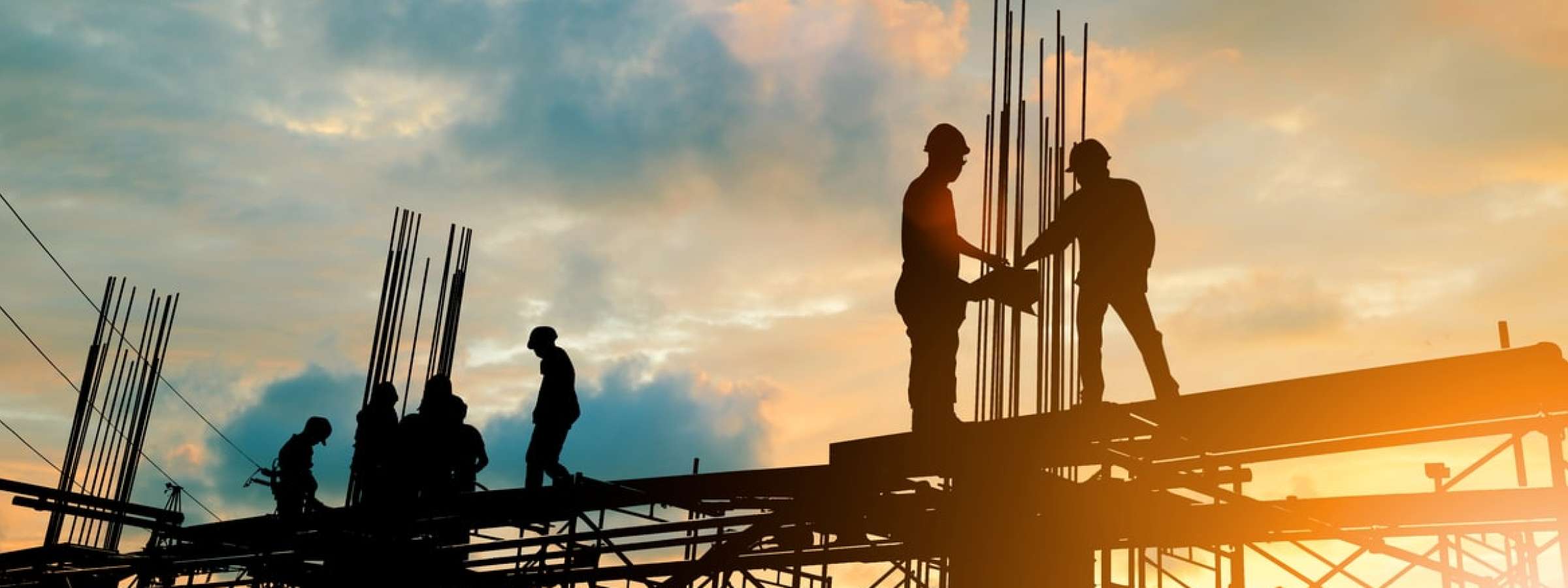Enhance infrastructure resilience
Our society is heavily dependent on the effective and efficient operation of critical infrastructure systems, such as energy and water, to deliver public services, enrich living standards, and stimulate economic growth.
The Sendai Framework for Disaster Risk Reduction aims at substantially reducing disaster damage to critical infrastructure and disruption of basic services, while Sustainable Development Goal 9 (SDG9) requires building resilient infrastructure.
Yet, the current approach to designing and building infrastructure does not sufficiently integrate disaster risk reduction at a time when risks are rising and becoming more complex.
To address these issues, UNDRR focuses on the following areas:
- Supporting countries with the development of strategies that integrate resilience in decision-making and improve management of infrastructure assets and services;
- Assisting governments in strengthening their national and local regulatory frameworks around infrastructure to incorporate resilience measures;
- Monitoring and measuring the vulnerability, sensitivity, inter-dependency and exposure to disaster risks of infrastructure systems in order to prioritize actions; and,
- Accelerating financing for resilient infrastructure by helping countries improve the effectiveness of public spending and mobilize risk-informed private investment.
At the country level, this work involves UNDRR conducting workshops and providing technical assistance to many governments while building on the tools and guidance developed in collaboration with renowned experts and international partners, such as the Coalition for Disaster Resilient Infrastructure (CDRI).
Guidance and technical resources



Infrastructure stress testing
Stress testing exercises should become a common practice and account for a ‘system’ approach. In this context, UNDRR has developed a tool for users to assess infrastructure vulnerabilities and better understand the inter-dependencies and linkages between infrastructure assets and systems.

Real-Estate resilience tool
Developed in partnership with the private sector, the Tool will assist with strategic decision-making that drives greater resilience in business operations and assets. It is considered an advocacy tool to achieve change in the real estate sector and its industry practices at various stages.
News
Related content





